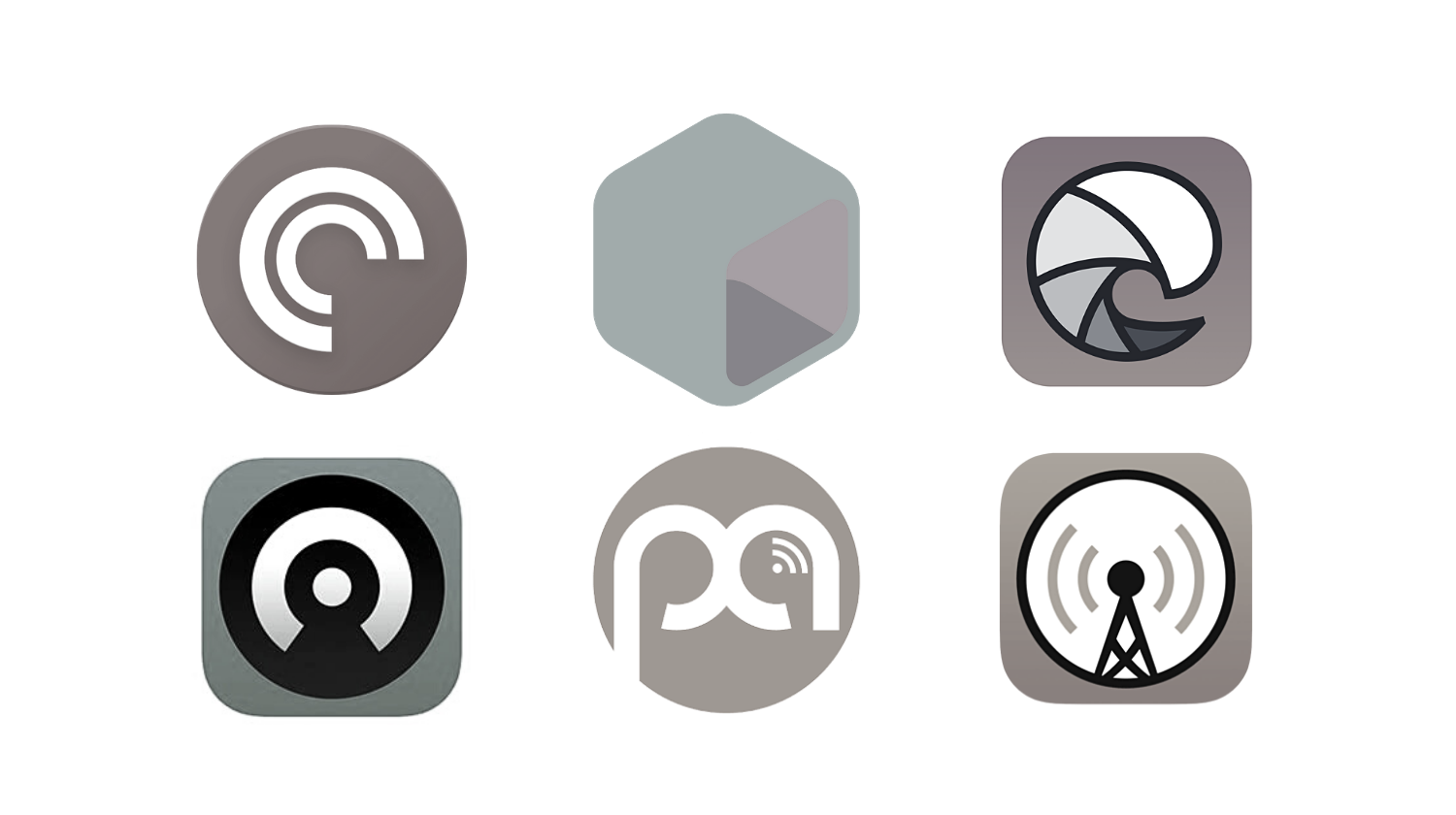By Sean Martin & Marco Ciappelli
During our RSA Conference USA 2020 coverage in San Francisco, we connect with keynote speakers, presenters, panelists, organizers, and the InfoSec community to keep the conversation going. This is one of those chats.
ITSPmagazine coverage, podcasts, webcasts, articles, and all our happenings during RSA Conference USA 2020 in San Francisco is made possible by the generosity of our sponsors. We are ever so grateful for your support.
If you are old enough or enjoy "vintage" cartoons, you may be familiar with The Jetsons—a 1960s/1980s TV show about a family living in a futuristic place called Orbit City. The architecture is Googie style, technology is absolutely everywhere, and all homes and businesses are high up in the sky supported by very tall columns. No need, in this conversation, to dig into the possible environmental or societal catastrophe that may have forced this solution. And, let's keep it as a joke about how that, in the year 2020, there is no such city; and why we are not living that life?
As a matter of fact, we have no robotic maids, no automated futuristic conveniences all over the place, no autonomous flying aero cars, no leisure and labor-saving futuristic devices, no holograms, no jet packs—no 3D printed food, no smartwatches, and so much more. Well, I guess we got a few of these things nowadays, but we certainly do not have the dream like: "an hour a day, two days per week" job.
What is interesting is that, despite all that technology, it doesn't look like everybody is any more happier in Orbit City than they are today. They are certainly not using that extra leisure time to be a healthier and better people, building a safer, more equitable, and culturally-evolved society, than what we have now—nor back in the day when this series was first aired. Maybe, this is because technology doesn't change the human element; rather the other way around it could -- and should.
While at RSA Conference 2020, Sean and I decided to talk about what drives the development of smart cities and what could possibly be done to take this unprecedented opportunity to steer progress towards a better, more human-centric society.
To do so, we invited Lan Jenson and Remi Cohen to join us during one of our Broadcast Alley video recordings.
It seems that technology is what drives much of what makes a city smart: sensors of all sorts that collect incredible amounts of data, ubiquitous Internet, a connected vehicle infrastructure, energy-efficient and water-saving grid optimizations, intelligent street lighting, parking, signs, buildings, surveillance cameras, self-driving transportation services—and the list could go on.
Sure, there’s a lot of technology there already—and there is much more to come. But the points being made and questions being asked are not what technology can offer us, but what we want to obtain from technology and how a smart city can improve our way of life.
There isn’t a single answer, as this is—just like with every other technological topic—both a global conversation that has the common thread of development and well-being of humanity…and a local conversation with as many different angles that are defined by the cultural diversities, various needs, and short/medium-term goals we may find in different parts of the globe.
In this session, we spoke about surveillance, privacy, safety, IoT, resilient ecosystems, education, and the roles of individuals, communities, nonprofit groups, governments, businesses, and all decision-makers that must come together to drive this change. All of this in the interest of those that will ultimately either be damaged or could benefit from the present and future smart city transformation: the citizens.
Because, ultimately, the value of a society is not measured by the amount and advancement of its technology, but rather how such technology improves communities, reduces social problems, and creates the most quality of life for all.
Now that would be something I would consider smart.






